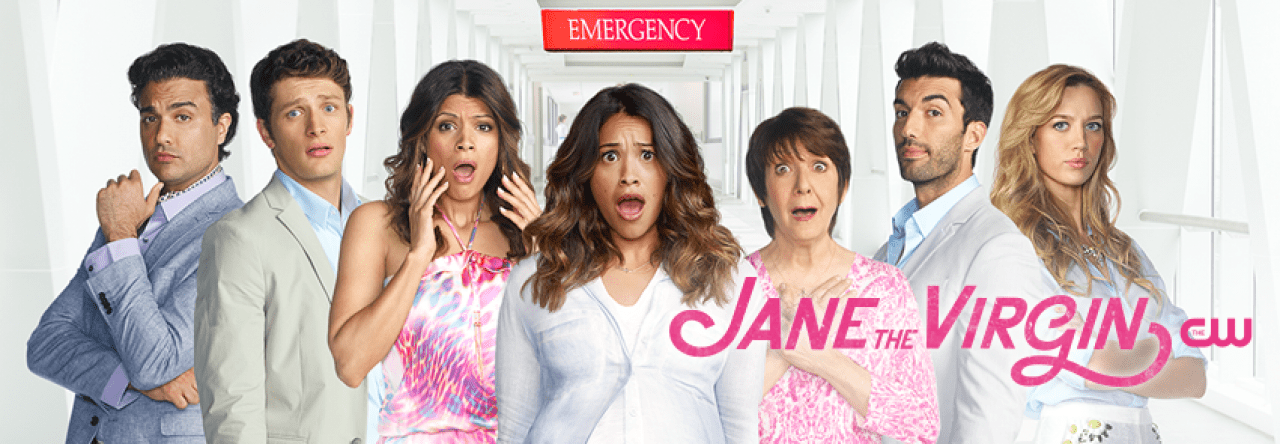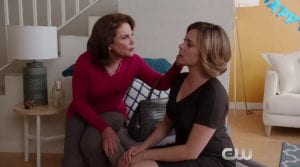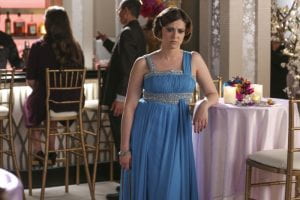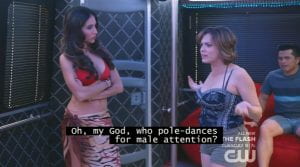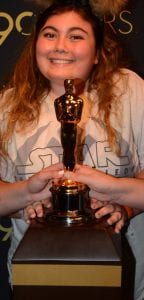Having watched Crazy Ex-Girlfriend, there’s a lot I’ve taken away from the show, and there’s a lot I admire about it. One aspect I really appreciate, and which I’ll focus on in this blog post, is Greg’s character. Throughout season 1, he’s consistently been one of my favorite characters – if not my favorite – and that’s because I think he’s a complex, deep character.
One way this is true is that he’s unapologetically quirky, and yet his importance and relevance to the show aren’t negatively affected in any way because of that. The show is very good about organically incorporating his quirky personality into his interactions with the others, especially Josh and Rebecca. Perhaps the best way his quirkiness comes across is through songs he sings in. In “Settle For Me,” for instance, he’s suave and well-spoken for the most part, but he has moments where his awkwardness dominates the scene. Sometimes, it’s charming and clever:
I know I'm only second place in this game But like 2% milk, or seitan beef, I almost taste the same
Other times, it’s more grimace-worthy:
Don't make me feel like a little girl; Exposed and raw, whose boobs can't even fill a training bra ...Let's pretend I didn't say that
Despite his quirky demeanor, though, Greg is not a character’s that lacking in struggle. He has several legitimate issues to grapple with throughout the show. He wavers on whether he should date Rebecca, which represents the larger problem of people struggling to leave and quit relationships that they know aren’t healthy for them. His parents went through divorce, and his commitment issues due to his fear of being left by the people he loves is proof of how the divorce still affects him. He also struggles with pursuing his dreams; while he was accepted into Emory, he was initially unable to go due to his father’s ailing health. While he eventually is able to attend Emory, this doesn’t change the fact that this was a difficult situation for him, and one of his solo songs – “What’ll It Be?” – does a great job of portraying his resentment and fear over the situation and whether he’ll ever be able to leave to go pursue his dreams.
https://www.youtube.com/watch?v=Rw0Z7E1L6pE
In summary, I think Greg is a very dynamic character. He has a lightness and darkness to him that makes him a very realistic-seeming character, and it’s in large part because of this duality to him that he’s stood out as a highlight of Crazy Ex-Girlfriend.
Works Cited:
“Settle For Me,” Genius, https://genius.com/Crazy-ex-girlfriend-cast-settle-for-me-lyrics
